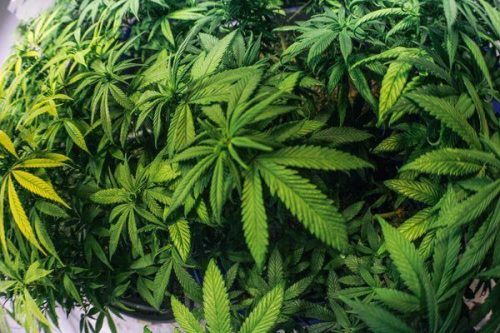
Maybe there’s a silver lining to all this weed because where it’s legal, college students are apparently binge drinking less.
A study conducted by Harold Bae and David Kerr, both from Oregon State University, is the first-ever look at college students’ legalized recreational weed use in multiple states. Published in Addiction on Jan. 13, the study suggests that students 21 and older are using weed more where it’s legal and binge drinking less.
Although the researchers haven’t tested any hypotheses yet, others have some ideas of what’s going on, according to a press release from Oregon State University.
One is that when people turn 21, the barrier to alcohol is gone. In states where weed is legal, that barrier is gone, too, says OSU doctoral candidate Zoe Alley in a statement. Alley examined the relationship between recreational weed legalization and other substance uses.
Binge drinking as a whole also seems to be on a downtrend trend and has dropped even more in states with legal weed.
“For marijuana, we saw state-specific increases that went beyond the nationwide increases, whereas binge drinking was the opposite: a greater decrease in the context of nationwide decreases,” Kerr says.
In the authors’ report, they do say that increased use of weed can result in patterned use, which could have “serious academic and health consequences” than if it were just “experimentation” and colleges may want to invest in weed prevention programs.
The study’s data also suggests that older students (21 to 26) are 23 percent more likely to report using weed than students in the similar age range in states where weed isn’t legal. Students who live in off-campus housing are also more likely to use weed, which may be because colleges follow federal drug laws.
As for whether weed is really decreasing binge drinking in college students 21 and older, that requires more future research, Kerr and Bae say.